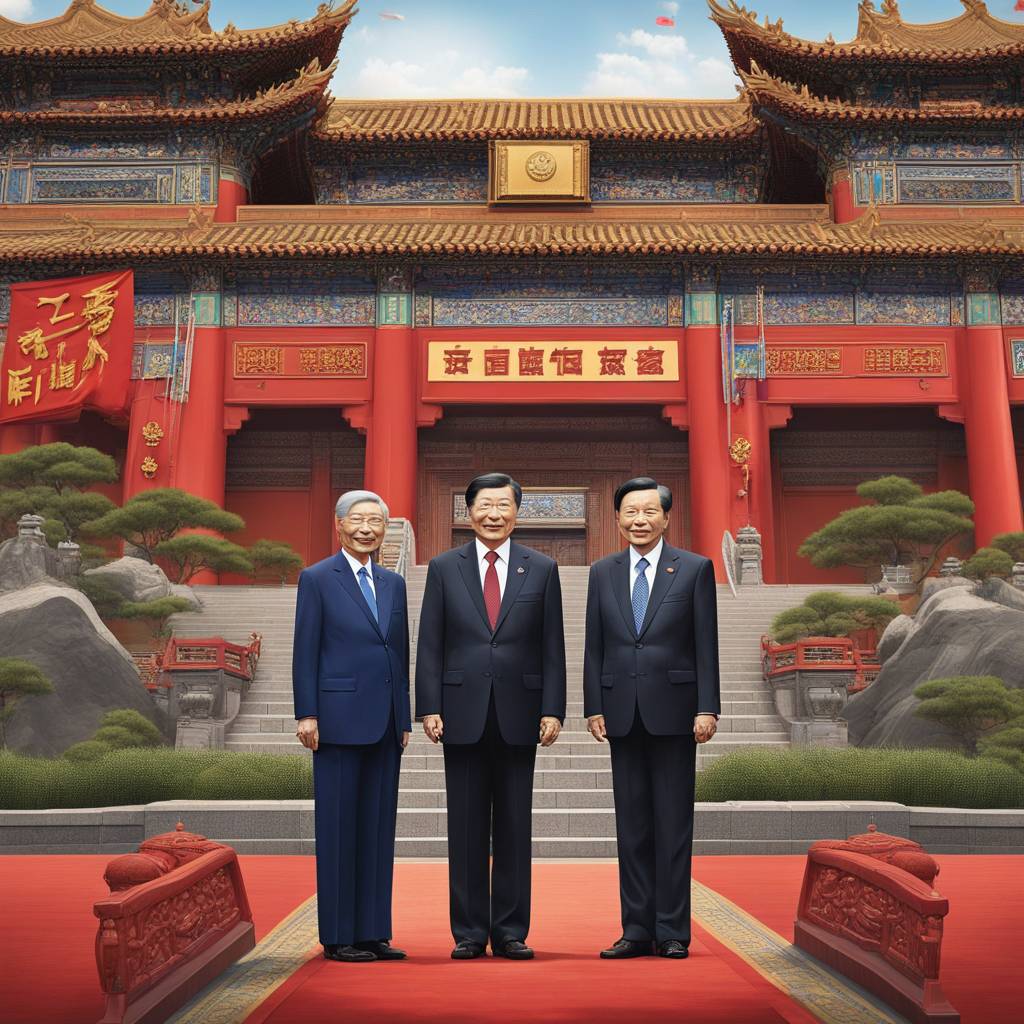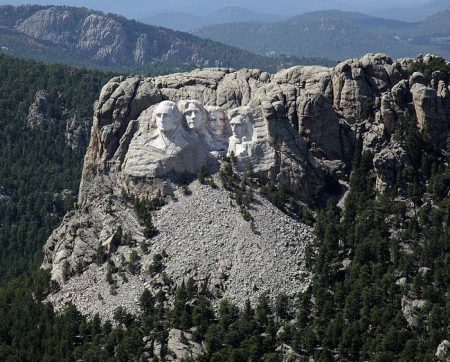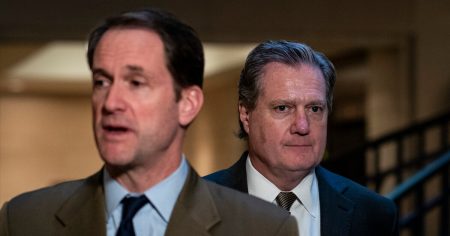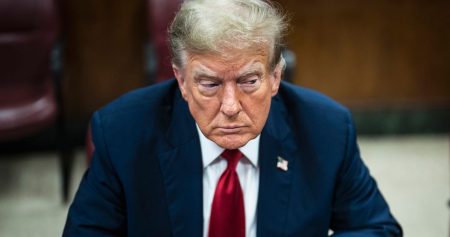Tensions are rising between China and Taiwan, especially as the island’s next president, Lai Ching-te, is set to take office on May 20. The Democratic Progressive Party, to which he belongs, rejects Beijing’s claim that Taiwan is part of China, which has caused friction between the two sides. China has even sent coast guard ships close to a Taiwanese-controlled island, further exacerbating the situation. In this context, former Taiwanese president Ma Ying-jeou’s 11-day trip to China is significant as it highlights Beijing’s willingness to engage in dialogue with politicians who are open to closer ties with China and abide by their conditions for talks.
Officials from Ma’s Nationalist Party have hinted that he may meet with Chinese leader Xi Jinping during his visit, echoing groundbreaking talks the two held in 2015. China has frozen high-level official contacts with Taiwan since the current president, Tsai Ing-wen, took office in 2016, due to her party’s rejection of Beijing’s conditions for official talks. While President-elect Lai has expressed a desire for dialogue with China, his party remains critical of Beijing’s “one China” formula, viewing it as a way for China to assert its claim over Taiwan.
For Chinese leader Xi Jinping, a meeting with Ma could be a way to reassure the Chinese people that Taiwan is not drifting further away from the possibility of unification. This could help ease internal pressures in China and convey a message that time is on China’s side regarding Taiwan. However, Ma’s trip also reflects the ongoing rivalry between his Nationalist Party and Lai’s incoming administration. While Lai won the presidential vote, the Nationalists secured the most seats in the legislative election, suggesting that both parties have support in Taiwan.
The issue of Taiwan’s relationship with China is complex and divisive within Taiwanese society. Ma’s visit to China has been met with criticism from the Democratic Progressive Party, which has accused him of selling out Taiwanese interests. Ma, who believes in peaceful and democratic unification with China, represents a faction within his party that is open to reconciliation. However, his comments about Taiwan’s military vulnerabilities and aspirations for unification have created tension within the Nationalist Party and among Taiwanese voters. A poll revealed that only about 1 percent of Taiwanese people support immediate unification with China, while the majority prefer the current status quo of self-rule separate from China.
As president, Ma fostered economic ties with China, but faced opposition over a proposed trade pact in 2014 that led to protests in Taiwan. This visit, where Ma will lead a group of Taiwanese students to various provinces in China, including a potential meeting with Xi Jinping in Beijing, is seen as an attempt to promote cross-strait peace and stability. The Nationalist Party has expressed support for Ma’s trip while also distancing themselves from any controversial statements he may make during the visit. This visit serves as a notable moment in the ongoing relationship between China and Taiwan, highlighting the complexities and challenges of dialogue between the two sides.















